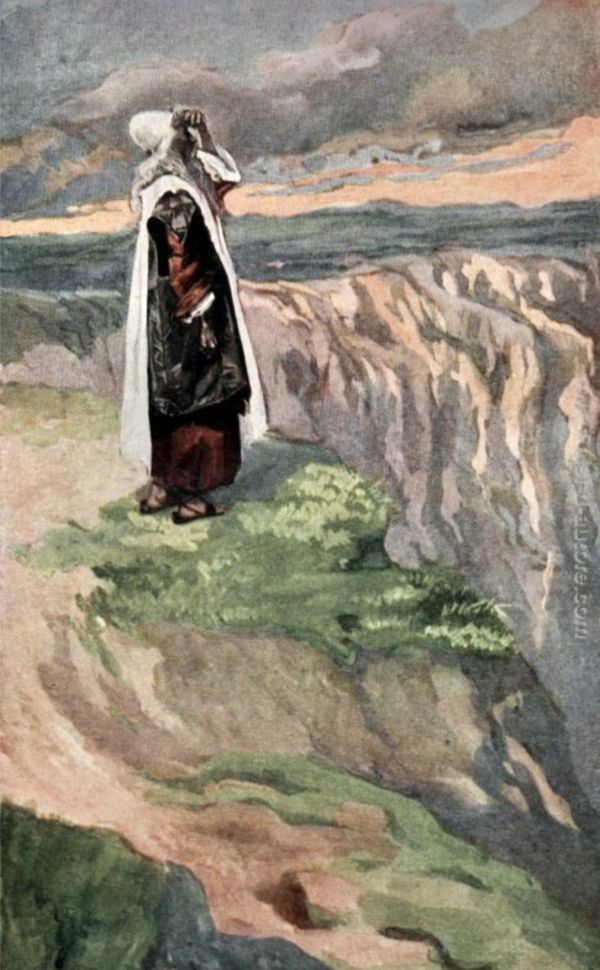Affliction and joy in the pains of childbirth
(Jn 16:20-23a)
A widespread belief in Jesus' age was that the end time would be preceded by an excess of tribulation and violence.
The jubilation of the future golden age would be heralded by an unprecedented trials period.
The image of the parturient expressed the sense of intensely painful history in the turn of the times.
Hard times that were expected to be not excessively durable - compensated for by a liberation that would have one startled with joy.
The spirit of self-sufficiency and feigned security of the surrounding world [even of the religious caste, concerned with safeguarding itself] would have led church members into terrifying loneliness.
The faithful contradicted the “pious” and imperial way of considering life, based on false security and a spirit of affirmation.
The historical moment seemed invaded by sadness and at the same time by an ineffable, radical expectation, which paradoxically arose from the same cause of persecution.
Exclusion produced a sense of discouragement, but it was also a spring that activated incisive glances, and action, for a reverse fulfillment - in the living experience of the divine Presence.
Social estrangement triggered a situation of Freedom: it became an unexpected, profitable, tangible Gift.
Everything was proved to be useful in reconciling the multiplicity of faces with one's own scattered history, sisters and brothers, and God's future.
End of misunderstandings.
In light of the actual experience of the working Vision-Faith, even in malaise there would have been no questions to advance: only answers.
The mystery of each person’s existence was then eloquently elucidated, without scattershot questions anymore: rather, with inner guides.
In the figure of Jesus who "grees" his intimates, Jn introduces the Gift of the Paraclete. Spirit bearing the joy of the Master’s [silent] Presence.
Still «in the midst» - He was giving birth to the new world.
Frequent allusions to intimate sufferings in the text describe the reality of the Johannine communities of Asia Minor at the end of the first century, tormented by defections.
Oppression under Domitian was increasing, and many community brethren were impatient: they needed a key to profound interpretation, and a perspective.
They were not going to make it on their own, starting with themselves.
Jn intends to sustain the pains of believers and prevent flight, encouraging all to see persecution as a life-giving mechanism [birth pangs: v.21].
Only in this way would he who had death before his eyes not fear to continue in his frankness as a witness: he must have a strong Hope.
On such a ray of light and in the wake of God in history, step by step everything became clear.
In the life of the woman and the man of Faith, melancholy and joy went hand in hand - indeed, it was the absolute and lacerating trials that unleashed flow of life.
The death of Christ and his intimates made possible a new Birth of humanity.
Mystery of life, of tribulations, and of being in fullness «new creatures» ‘from genesis to genesis’.
It was precisely the travail that produced in the sons of God the joy of a rediscovered Presence, in the long time of evangelization - always in danger of going astray and in the temptation to give in.
We must remember this rhythm: sadness of leave-taking and new heart, joy and sadness...
Paradoxical synergy that can grow our engaging union with the Risen One, recognized as «personal Lord».
[Friday 6th wk. in Easter, May 30, 2025]












